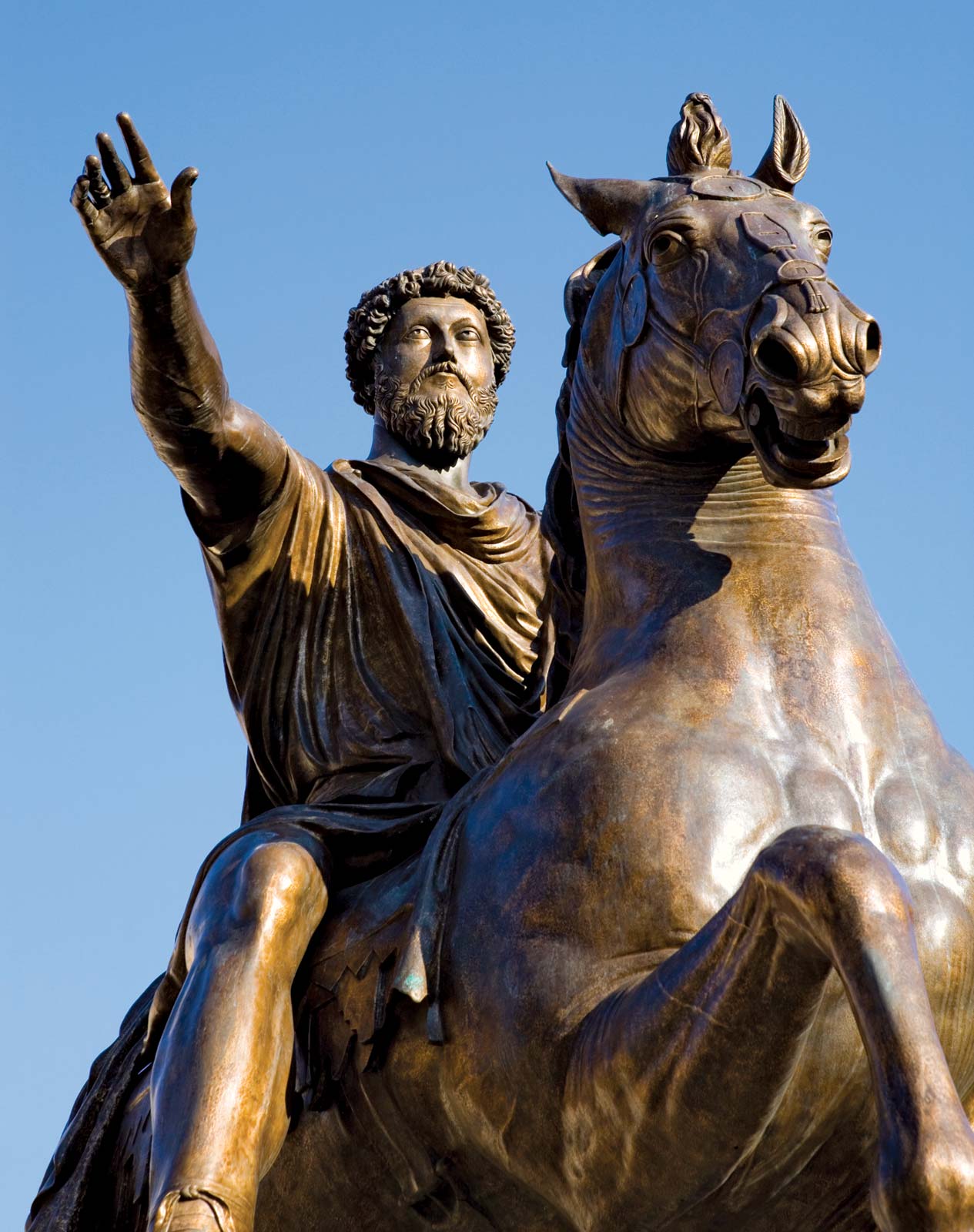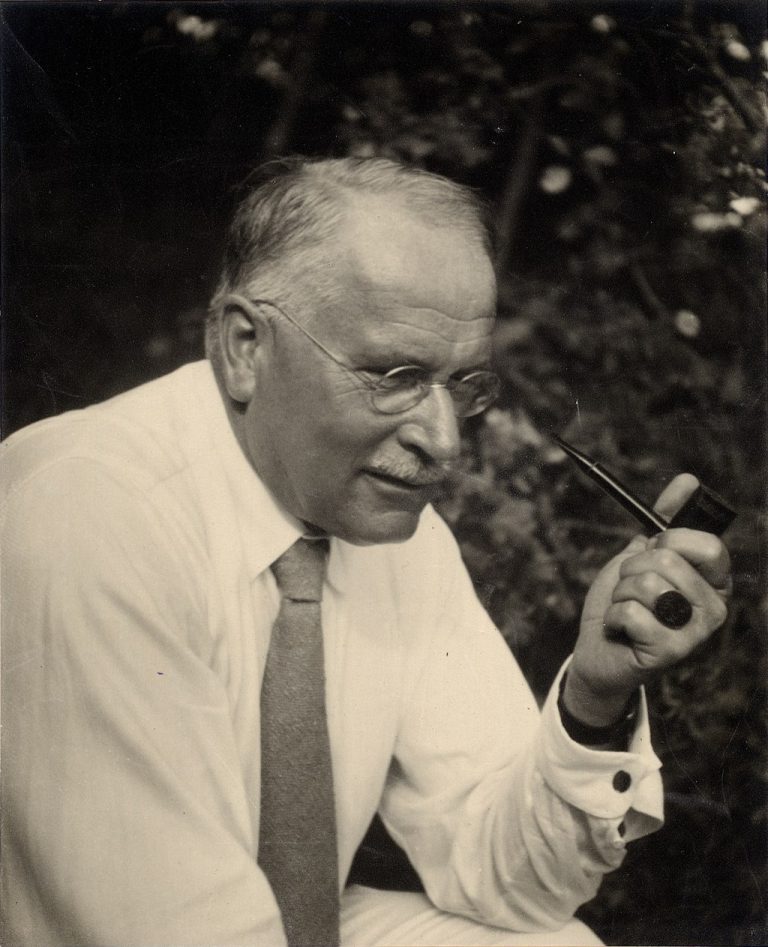
Marcus Aurelius was a Roman emperor and a philosopher who lived from 121 AD to 180 AD. He is best known for his personal writings, Meditations, which contain reflections on Stoic philosophy and its practical application in everyday life. In these reflections, Marcus touches on various topics, including the nature of existence, the purpose of life, and the meaning of happiness. In doing so, he reveals some nihilistic views of the world that helped him maintain peace of mind in the face of adversity.
“We are all dust, and unto dust we shall return.”
Nihilism is a philosophical belief that life has no inherent meaning or purpose. It holds that everything, including human existence, is ultimately meaningless and that all values are baseless and arbitrary. While nihilism is often associated with a sense of despair or hopelessness, for Marcus, it was a source of comfort and peace of mind. He believed that by accepting that some aspects of life were in fact meaningless, he was free from the fear and anxiety that arises from the pursuit of artificial or false goals.
“All is ephemeral, both that which remembers and that which is remembered.”
Marcus’ nihilistic view of the world is evident in his writings, where he emphasizes the transience of life and the futility of material pursuits. He writes, “All things are fleeting, ephemeral and transitory.” He argues that, like all things, human life is also fleeting, and that our time on this earth is limited. This perspective helped Marcus maintain a sense of detachment from the material world and allowed him to focus on what was truly important: the development of his character and the cultivation of wisdom.
“Do not waste what remains of your life in speculating about your neighbours, unless with a view to some mutual benefit. To wonder what so-and-so is doing and why, or what he is saying, or thinking, or scheming – in a word, anything that distracts you from fidelity to the ruler within you – means a loss of opportunity for some other task.”
In addition to his nihilistic views, Marcus was also a Stoic philosopher, which further influenced his approach to life. Stoicism teaches that happiness is not derived from external events or circumstances but from our own internal state of mind. This perspective was particularly useful for Marcus, as he lived in a time of political turmoil and war, and had to deal with numerous personal and professional challenges. By focusing on what he could control – his own thoughts and actions – Marcus was able to maintain a sense of inner peace, regardless of the circumstances around him.
“Everything that happens is in due proportion and harmony, if you just keep calm and take the time to consider it.”
In his Meditations, Marcus also writes about the importance of accepting the things we cannot control. He writes, “Do not waste your time on what you cannot change or control.” This philosophy of acceptance was particularly important in helping him maintain his peace of mind, as it allowed him to let go of the things that he could not control and focus on what he could. By accepting the things he could not change, Marcus was able to remain centred and peaceful in the face of adversity.
“Life is neither good or evil, but only a place for good and evil.”
Moreover, Marcus also emphasized the importance of living in accordance with nature and living a simple, straightforward life. He believed that by living in harmony with the natural world, he could avoid the distractions and temptations that often lead to unhappiness. This perspective, combined with his nihilistic views, helped him maintain a sense of calm and peace in the midst of a chaotic world.
“What is it, then, that does not torment or harm you? The things that are independent of the things you crave and the things you avoid.”
In conclusion, Marcus Aurelius’ nihilistic views and Stoic philosophy played a crucial role in helping him maintain peace of mind in the face of adversity. By accepting the meaningless nature of life, he was able to focus on what was truly important and cultivate wisdom, inner peace, and a sense of detachment from the material world. Through his reflections and practical advice, Marcus offers a valuable lesson on the power of philosophy to help us navigate the complexities of life and maintain a sense of peace and well-being.
“The only way to deal with fear is to face it head on and accept it as part of life.”

